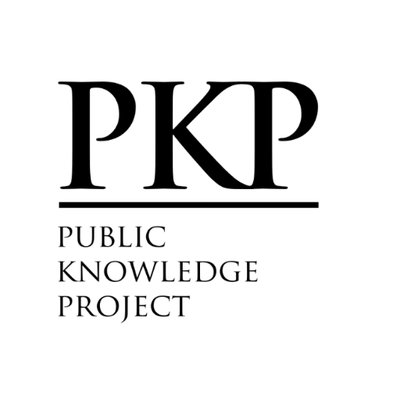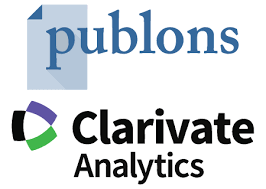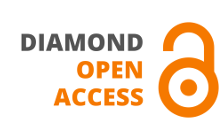Should we legitimize fair parity in the board of Directors Bodies? The contribution of the Cameroonian practices
DOI:
https://doi.org/10.59051/joaf.v8i2.101Abstract
In the perspective of CSR, the '' fair parity '' in decision-making bodies is a permanent debate at the same time a strategy of sustainable development of HR. The kind appears therefore as a constraint for the managers. This constraint is justified by the 'glass ceiling' that characterizes the vast majority of companies on the planet. But CSR would that there is equitable access of men and women to positions in responsibility and in administrative bodies. In this context, this research aims to identify the determinants of the diversity of the decision-making bodies and to analyze their impact on the performance of the company. The achievement of this objective would position itself compared to the international constraints imposed by "fair parity." From a quantitative analysis of 100 companies, the results highlight a low parity of their Board of Directors, and a marginal but significant effect on the performance of the company.
Downloads
Downloads
Published
How to Cite
Issue
Section
License
Copyright (c) 2017 Jules Roger FEUDJO, Georges Kriyoss MFOUAPON, Joelle Eliane MAWA

This work is licensed under a Creative Commons Attribution-NonCommercial-NoDerivatives 4.0 International License.
Authors who publish with this journal agree to the following terms:
- Authors retain copyright and grant the journal right of first publication with the work simultaneously licensed under a Creative Commons Attribution License that allows others to share the work with an acknowledgement of the work's authorship and initial publication in this journal.
- Authors are able to enter into separate, additional contractual arrangements for the non-exclusive distribution of the journal's published version of the work (e.g., post it to an institutional repository or publish it in a book), with an acknowledgement of its initial publication in this journal.
- Authors are permitted and encouraged to post their work online (e.g., in institutional repositories or on their website) prior to and during the submission process, as it can lead to productive exchanges, as well as earlier and greater citation of published work (See The Effect of Open Access).






















